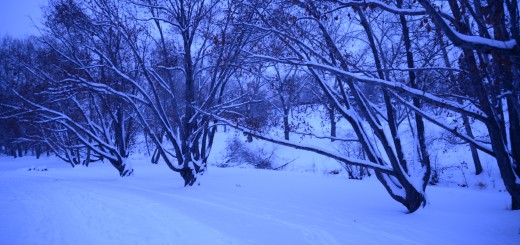Liberals take edge over Conservatives, except in Alberta

Justin Trudeau and the Liberal Party won the 2019 federal election with a minority government and Trudeau celebrated with a speech that cut off the speeches of his competitors, Andrew Scheer and Jagmeet Singh. Photo courtesy of CTV News
By Noel Harper, Contributor
Shortly after the polls closed for Canada’s 43rd federal election Monday night, Liberal Leader Justin Trudeau took to the stage in Quebec and spoke to his supporters with the confidence of a politician who had the support of a nation behind him — support that he may not have.
Trudeau will form government once again after winning the most seats of any party nationwide. But, different from his last victory in 2015, this government will be a minority. The Liberals won 156 seats — losing 28 seats from last election and failed to secure the necessary 170 seats for a majority.
“Regardless of how you cast your ballot,” Trudeau said on election night, “ours is a team that will ght for all Canadians.”
Andrew Scheer’s Conservative party managed to make gains in the House of Commons, winning 26 more seats than 2015, totaling 121 seats. They also won the popular vote of the close election, capturing 34.4 per cent compared to the Liberal’s 33.1 per cent — but could not defeat the incumbent Trudeau.
Despite this, Scheer said, “Conservatives have put Justin Trudeau on notice, and Mr. Trudeau, when your government falls, Conservatives will be ready and we will win.” Rounding out the rest of the results across the country, the Bloc Québécois more than tripled their seat count from 2015, coming in third place overall. The NDP under Jagmeet Singh dropped to fourth, suffering a significant decrease in seats.
“The winner of this election is not a leader or a party—the winners should be Canadians. They want a government that works for them. Not the rich and the powerful,” Singh tweeted early Tuesday morning.
The Green Party, under fourth-time leader Elizabeth May, won three seats, the most the party has ever won, including a gain in Fredericton.
Former Conservative MP Maxime Bernier experienced perhaps the biggest disappointment of the night, failing to win a single seat for his new People’s Party of Canada.
“We will be there to criticize the next government and offer better solutions,” said Bernier, who will not sit in the House, losing his seat to his former party.
Calgary’s 13 federal ridings all elected Conservative members, with noteworthy incumbents including Michelle Rempel (Calgary Nose Hill) and Len Webber (Calgary Confederation) returning to the House.
Alberta at large experienced a near sweep by the Conservatives, with the exception of Edmonton Strathcona, where NDP candidate Heather McPherson was elected. Not a single seat in the province was awarded to the Liberals, with the party losing all three of its members in the two major cities.
Kent Hehr, the last remaining Liberal candidate in Calgary, lost his riding to Conservative candidate Greg McLean in one of the country’s most-watched races.
“I’m elated for my team that we pulled this off,” McLean said to his supporters. “We didn’t know what tonight would hold.”
Hehr graciously accepted defeat, saying that McLean “always treats me with dignity and respect … I know Greg’s going to do a super job as a Member of Parliament for Calgary Centre.”
The other riding to watch in the city was Calgary Skyview. Also picked up by the Liberals in 2015, the seat became independent following the ousting of Darshan Kang from the party caucus.
Nirmala Naidoo, a former journalist and news anchor, attempted to win the riding for the Liberals, even participating
in a rally with Trudeau in Calgary to drum up support, but ultimately lost to Conservative candidate Jag Sahota.
“I hope [Jag] will represent these people and give them the kind of representation that they deserve,” Naidoo said after conceding to Sahota.
Polls in Alberta were among the last to close nationally, around the same time as networks began to project a Liberal minority government. The early prediction kept most party leaders quiet until later in the night, when it was certain the outcome wouldn’t be what they hoped for.
Accepting his own defeat, Singh addressed his supporters from his riding in Burnaby — but, as he was finishing, Scheer chimed in from Regina with a similar sentiment to Conservative voters, speaking over the tail end of Singh’s speech.
Just then, Trudeau spoke over his competitor by cutting into Scheer’s speech just after 11 p.m. MT — resulting in, for a brief moment, three federal leaders speaking across the country at the same time.
It was a fitting metaphor for the minority parliament that lies ahead for Canada’s federal parties, and how they might work together throughout the next four years.





